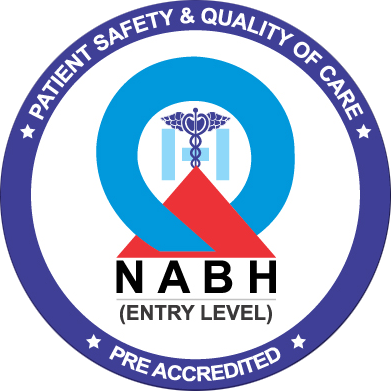
Retinal surgery can be a critical step toward preserving or restoring your vision. Whether it’s a procedure for retinal detachment, macular hole, diabetic retinopathy, or other retinal conditions, post-surgery care plays a vital role in achieving the best outcomes. A successful recovery doesn’t end in the operating room—it begins there.
Here’s a detailed guide to post-surgery retinal care to ensure faster healing and better long-term vision.
1. Follow Your Doctor’s Instructions Carefully
Your retina specialist will provide specific post-operative guidelines based on the type of surgery you’ve had. These instructions may include:
- Eye drop schedule (antibiotic, anti-inflammatory, or lubricating drops)
- Head positioning (especially important after gas bubble surgeries)
- Restrictions on certain activities
- Signs and symptoms to watch for
Strict adherence to these instructions is the foundation of a smooth recovery.
2. Maintain Proper Head Positioning (if advised)
For surgeries involving a gas bubble (often used in retinal detachment or macular hole repairs), your doctor may ask you to maintain a face-down position for several days. This position helps the bubble press against the retina, allowing it to heal correctly.
Tips:
- Use specially designed face-down recovery equipment (pillows, chairs).
- Take short breaks to relieve discomfort but always return to the advised position.
3. Use Eye Drops as Prescribed
Eye drops reduce inflammation, prevent infection, and promote healing. Ensure:
- You administer drops exactly as advised (timing, dosage, duration).
- Your hands are clean before applying drops.
- You avoid touching the dropper tip to your eye.
If you miss a dose, consult your doctor before doubling up.
4. Avoid Strenuous Activities
For at least 2 to 4 weeks after retinal surgery, avoid:
- Lifting heavy objects
- Vigorous exercise
- Bending over or sudden head movements
- Driving (especially if vision is affected or gas bubble is present)
Rest is crucial to support healing and minimize the risk of complications like bleeding or increased eye pressure.
5. Protect Your Eye
After surgery, your eye may be covered with a patch or shield. Continue using it as instructed, especially while sleeping, to avoid accidental rubbing or pressure.
Also:
- Avoid dust, smoke, or environments that could irritate your eye.
- Wear sunglasses to protect your eyes from bright light and UV rays.
6. Monitor Your Symptoms
Mild discomfort, redness, or blurred vision is common after retinal surgery. However, contact your doctor immediately if you experience:
- Increased pain
- Sudden vision loss
- Excessive redness or swelling
- Flashes of light or a sudden increase in floaters
- Discharge from the eye
- Severe headache or nausea (could indicate high intraocular pressure)
Early intervention can prevent serious complications.
7. Attend All Follow-Up Appointments
Routine follow-up visits allow your retina specialist to monitor healing, adjust medications, and detect any early signs of problems. Even if you feel fine, never skip these appointments.
8. Be Patient With Your Vision
Vision recovery after retinal surgery can take several weeks to months, depending on the procedure and condition severity. Some patients may not regain full vision, but the surgery often prevents further deterioration.
Your vision may fluctuate initially, and you may need new glasses after your eye has healed fully.
9. Eat Well and Stay Hydrated
A healthy diet rich in vitamins A, C, and E, omega-3 fatty acids, and zinc supports eye healing. Include leafy greens, colorful vegetables, fruits, and fish in your meals.
Stay hydrated, and avoid smoking or alcohol, as they can hinder healing.
10. Mental and Emotional Well-Being
Recovery can sometimes feel frustrating due to temporary vision loss or discomfort. Stay positive and don’t hesitate to seek emotional support or ask your doctor questions. Rest, relax, and allow your body time to heal.
Conclusion
Post-surgery care is just as important as the retinal surgery itself. By following your doctor’s advice, protecting your eye, and being mindful of symptoms, you significantly increase your chances of a faster recovery and improved vision. For expert post-operative guidance and support, consult an experienced retina surgeon in Indore to ensure you’re in safe hands every step of the way.

